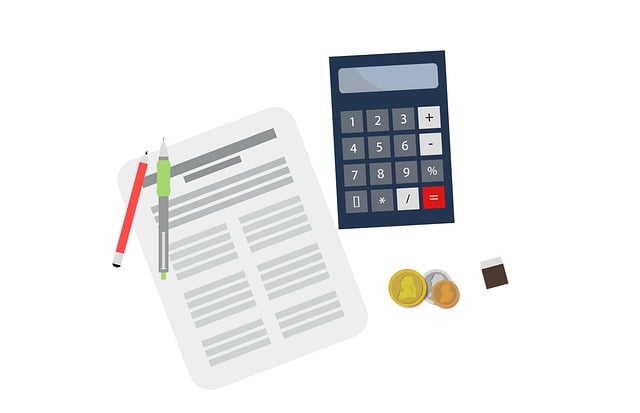Capital gains management is a cornerstone of effective wealth preservation strategies. By understanding and leveraging capital gains tax advantages, investors can optimize asset sales and minimize overall tax costs. This article explores key areas such as tax benefits for entrepreneurs, year-end tax planning, retirement tax planning, and tax-deferred investments. Discover proactive techniques to ensure a smoother path to financial security and tax efficiency, protecting family wealth across generations.
- Tax Benefits for Entrepreneurs: Leveraging Capital Gains for Wealth Preservation
- – Understanding capital gains tax advantages for entrepreneurs
- – Strategies to minimize tax liabilities through proactive planning
Tax Benefits for Entrepreneurs: Leveraging Capital Gains for Wealth Preservation

Entrepreneurs often face unique tax challenges due to their complex financial structures and income streams. Leveraging capital gains effectively is a powerful strategy for wealth preservation and can provide significant tax benefits. Year-end tax planning plays a crucial role here, allowing entrepreneurs to optimize deductions and minimize tax liabilities.
Maximizing tax deductions through strategic asset sales and recognizing losses can free up cash flow for future investments. Tax-deferred investments, such as retirement accounts, enable entrepreneurs to defer taxes on gains until withdrawal, effectively preserving wealth over the long term. Retirement tax planning is another essential aspect, ensuring that business owners can enjoy their hard-earned gains in a tax-efficient manner during their golden years. By employing these tax minimization techniques, entrepreneurs can navigate the complex tax landscape and preserve their wealth for generations to come.
– Understanding capital gains tax advantages for entrepreneurs

Entrepreneurs, by virtue of their innovative spirit and risk-taking nature, often find themselves in a unique position when it comes to capital gains tax advantages. Year-end tax planning is not just about minimizing financial obligations; it’s an opportunity to maximize deductions and strategize for future growth. By leveraging tax-deferred investments, entrepreneurs can postpone tax liabilities until retirement, providing them with the flexibility to reinvest savings and compound earnings.
In addition to these strategies, retirement tax planning plays a pivotal role in wealth preservation. Proactive tax minimization techniques, such as utilizing specific income tax reduction methods, can significantly impact an entrepreneur’s overall financial security. These tactics not only help in managing capital gains effectively but also contribute to long-term financial well-being, ensuring that entrepreneurs can pass on their success to future generations.
– Strategies to minimize tax liabilities through proactive planning

Proactive tax planning is a powerful strategy for minimizing liabilities and maximizing wealth preservation. Entrepreneurs can leverage year-end tax planning to implement various tax minimization techniques and take advantage of deductions that may be available. By carefully considering the timing of asset sales and utilizing tax-deferred investments, individuals can significantly reduce their tax burden. Retirement tax planning is another crucial aspect, as it involves strategic decision-making to ensure funds are taxed at lower rates during retirement.
Maximizing tax deductions starts with a comprehensive review of income sources and associated expenses. Through meticulous record-keeping, entrepreneurs can identify legitimate business expenses that can be deducted, effectively lowering taxable income. Consulting with tax professionals who specialize in the unique needs of entrepreneurs is essential to uncover specific tax benefits tailored to their situation. This proactive approach ensures investors make informed decisions, resulting in substantial savings and a smoother transition towards financial security and long-term wealth preservation.
Understanding capital gains tax management is a powerful tool for entrepreneurs seeking to preserve and grow wealth. By leveraging tax benefits, planning strategically at year-end, and considering tax-deferred investments, investors can maximize deductions, minimize liabilities, and ensure financial security for retirement. Proactive tax minimization techniques are key to navigating the complexities of capital gains and building a lasting legacy.



